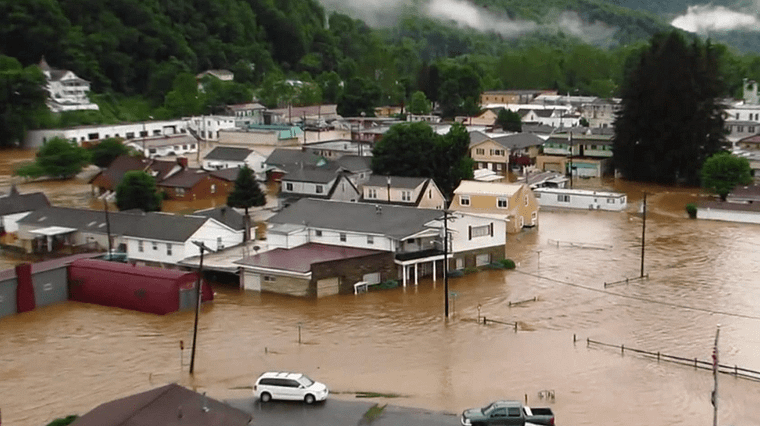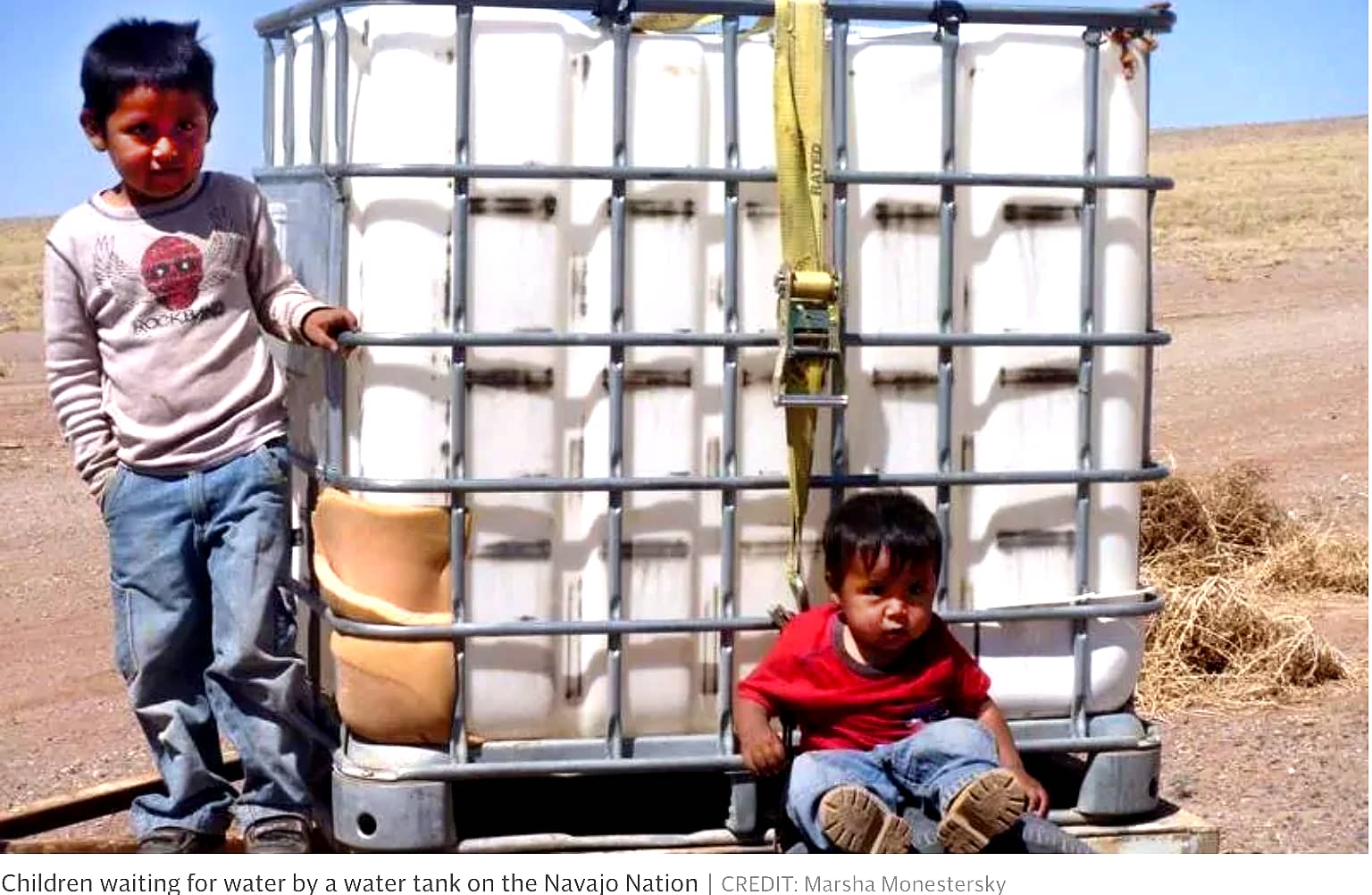
A report on the 2021 weather disasters shows that Latinos were hit the hardest by wildfires, extreme heat, hurricanes, and other extreme weather events.
December 23, 2021
WASHINGTON, DC – A sister who spends Christmas without resignation, a family trying to figure out how to get the money to fix their church after a hurricane, a farm worker trying to decide between risking his life or going to work in the fields, and many others more. Here are the stories behind the numbers in 2021, a year marked by 538 deaths related to weather disasters and more than $ 100 billion in damage.
More destructive, costly and extensive than ever, the extreme weather events of 2021 – which occur as a direct result of climate change – affected millions of families in the United States, who battled hurricanes, wildfires, extreme heat, high prices of energy and environmental injustices, which are now unwittingly on the front lines of the climate crisis, as they are the most exposed and least likely to recover after an extreme weather event.
With the conviction that information makes a difference, Climate Power Education Fund is publishing its End-of-Year Climate Disaster Report , which highlights the numbers and extreme weather events that marked 2021. Along with the report, Climate Power Education Fund and its partners Corazón Latino and Environmental Defense Fund are launching a new website in Spanish, Viviendo Verde , where you can find the full report , as well as information on how extreme weather is impacting Latino families. Published entirely in Spanish, the website is a unique resource designed to respond to the environmental reality and concerns of Latinos in the United States.
Here are some highlights from the End-of-Year Climate Disaster Report :
- This year was especially active when it came to extreme weather. There were 21 named storms in the Atlantic, making it the third-busiest hurricane season on record.
- The Rivera family faced Hurricane Ida praying. Pastor Wanda Rivera leads Iglesia Pentecostal Divina Providencia, a lifeline for migrants in Louisiana since it was formed about a decade ago. This year the church was destroyed by Hurricane Ida. “He was everything to us,” Rivera said.
Pastor Wanda Rivera moved the congregation to the back porch of her home.
- The Rivera family faced Hurricane Ida praying. Pastor Wanda Rivera leads Iglesia Pentecostal Divina Providencia, a lifeline for migrants in Louisiana since it was formed about a decade ago. This year the church was destroyed by Hurricane Ida. “He was everything to us,” Rivera said.
- The National Oceanic and Atmospheric Administration declared July 2021 the hottest month on record in 142 years . The planet’s total surface temperature for July 2021 was 1.67 degrees Fahrenheit above the 20th century average.
- Farm worker Veronica Mota , 46, has been working in the fields for 20 years in the San Joaquin Valley, and this year more than ever she was worried about heat stroke after witnessing the suffering of one of her colleagues. on a hot day, who was later picked up by an ambulance.
- The 2021 wildfire season was catastrophic, with fires eluding containment for weeks and exposing millions of people to toxic air pollution. Wildfires in the west forced cities across the country to receive air quality alerts , including cities that are generally not impacted by wildfires such as Washington, DC, Baltimore, Philadelphia, New York and Boston.
- Susana Villanueva, 42, lost her sister Maribel (46) this year. Facing the worst period of wildfire smoke in California, Maribel was hospitalized with COVID-19. Susana recalled that her sister walked 20 minutes every day to catch a bus to go to work wearing a cloth mask, which did not protect her from the smoke and she was constantly coughing. Now she wonders how much damage the smoke did to her sister’s lungs before she contracted COVID.
- This same week, an unprecedented tornado tore through Illinois, Kentucky, Arkansas and Missouri, killing nearly 90 people and devastating communities. The deadly storm could be a sign of things to come if we refuse to take action on climate change.
- Kyanna Parsons-Perez was trapped under 5 feet of debris for at least two hours until rescuers managed to free her this week in Kentucky. She said it was “absolutely the scariest event” she has ever experienced. “I didn’t think I was going to make it at all.”
Climate injustice will continue to burden Latino families if Congress does not take immediate and meaningful action to address the climate crisis and its disproportionate impact on Latinos and other vulnerable communities. With the Build Back Better Act on the horizon, there is hope that front-line communities will get relief in the form of affordable clean energy, well-paying jobs, and less pollution, but our leaders have to act now.



